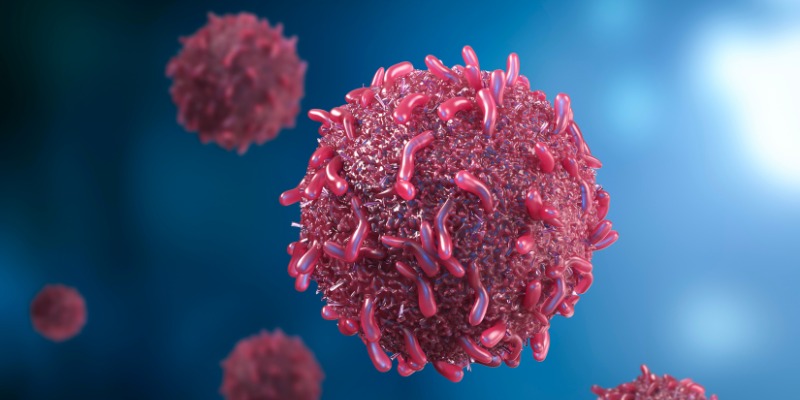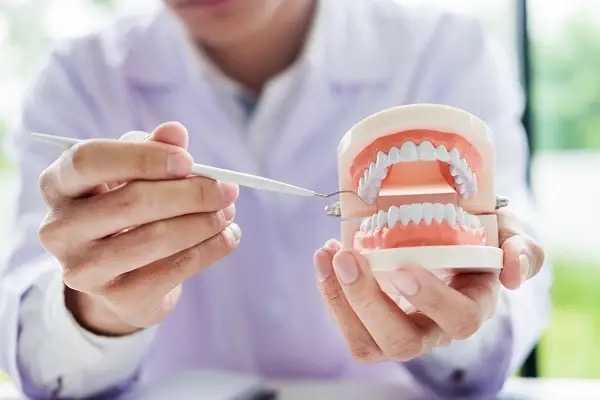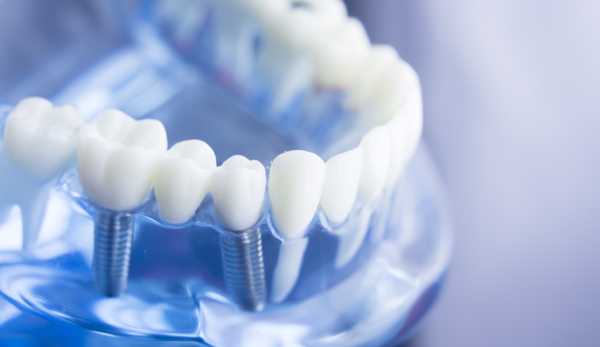Prêt rapide en ligne : la solution idéale pour vos besoins urgents
Can Stress Cause Cancer? How Is Stress Related To Cancer?
Stress can profoundly influence people's mental and physical health. It becomes a constant companion of cancer fighters. However, stress does not directly cause cancer, but it disturbs hormones and creates conditions in your body that encourage the formation and spread of cancer. Research suggests that stress reduces the immune system's efficiency, causing altered hormone levels and increasing inflammation, thus establishing a suitable environment for tumor growth. And once the tumor grows, it becomes worse day by day.
Stress can profoundly influence people's mental and physical health. It becomes a constant companion of cancer fighters. However, stress does not directly cause cancer, but it disturbs hormones and creates conditions in your body that encourage the formation and spread of cancer. Research suggests that stress reduces the immune system's efficiency, causing altered hormone levels and increasing inflammation, thus establishing a suitable environment for tumor growth. And once the tumor grows, it becomes worse day by day.
Stress induces the production of cortisol and adrenaline, which interact with normal body cells, causing cellular dysfunction. It may lead to genetic changes and increase cancer risk. Moreover, stress can also impact cancer treatment results because high levels of stress may reduce the efficiency of chemotherapy.

The Connection Between Cancer And Stress
Stress can contribute to various health issues. Some studies have shown that chronic stress may lead to hormone imbalance, damage to DNA, and a weak immune system, which are suitable conditions for cancerous cells to grow. Here, we will gain insight into some studies about cancer and stress relationships.
A case-control study among Canadian men discovered an affiliation between workplace stress and prostate cancer incidence risk. On the other hand, similar studies yielded conflicting results.
A meta-analysis of research based on observation in North America and Europe identified a significant link between stress and the risk of colorectal, lung, and esophageal cancers.
In 2008, 142 longitudinal researches relating to people of different continents, including Asia, Europe, Australasia, and America, cleared that stress is highly associated with lung cancer. However, some studies show the opposite results.
According to prospective research relating to approximately 100,000 women in the UK, there was no association between breast cancer and stress.
An investigation of an Australian female for 15 years suffering from breast cancer showed no concerns with the social stresses she sustained during that duration.

Why Stress Is Bad For Cancer Patients?
Let's begin with a clarification that stress not alone causes cancer. According to research, hyper-stress may boost the probability of different types of cancer, but the relationship is multifaceted. Here are the complications caused by stress that can cause cancer.
Immune Suppression
Whenever you face intense psychological stress, it affects your immunity. Critical stress increases the production of cortisol and impaired immune function. In response to acute psychological stress, cytokine production pattern changes affect the immune level badly. As a result, long-term chronic stress may cause the shortening of telomeres, hence weekend immune response. Consequently, change in DNA always increases mutation risk, hence more chances of cancer.
Increased Inflammation
Anxiety and stress promote the production of cortisol and adrenaline. It also becomes a reason for the production of pro-inflammatory cytokines, resulting in cellular damage. Inflammation can cause the risk of DNA mutations and weaken the immune system's ability to identify cancer cells. Acute inflammation creates an environment to promote cancerous cell production and tumor growth. This inflammation may also be associated with the threat of colorectal, breast, prostate, and lung cancer.
Unhealthy Behaviors
Unhealthy behavior may lead to chronic mental stress, including poor diet, smoking, poor sleep habits, social isolation, and lack of proper exercise. Overeating, unhealthy fats, and processed foods contribute to oxidative stress. Smoking causes the production of adrenaline and cortisol due to nicotine. Poor sleep can also promote stress and a weak immune system.
A lifestyle with no physical activity causes anxiety and boredom.
How Stress Makes Cancer Aggressive?
Stress not only affects your immune system, but it can make your existing cancer more progressive. Chronic stress can affect the tumor and make it more aggressive. Here is how stress makes cancer more progressive.
Angiogenesis
Chronic stress causes angiogenesis. In this process, new blood vessels form from preexisting vessels. Cancer cells require nutrition to spread; newly formed blood vessels do this work.
Metastasis
Stress can also cause metastasis. Metastasis is the multiplication of cancerous cells from origin to other body parts. The fundamental reason for this process is that cancerous cells break down from their original location and start traveling toward other body parts through the bloodstream. In this way, they form new tumors in different parts.
Chemotherapy Resistance
Stress can cause resistance to chemotherapy. Stress induces glucocorticoid production, which stops tumor cell death and resistance to chemotherapy. Hence, it reduces the impact of treatment.
Types of Chemotherapy Resistance Cells
Cells with Intrinsic Resistance: These cells are genetically resistant to chemotherapy.
Cells with Acquired Resistance: The cells that become tolerant during an earlier response to chemotherapy.

Can Reducing Stress Prevent Cancer?
Stress reduction can improve survival rates and slow disease progression. As we know, healing depends on the will of patients. When the patient remains stress-free, it will increase his wish to fight cancer. Moreover, a healthy diet, exercise, meditation, and regular checkups may reduce the risk of cancerous cells growing. Stress management positively impacts immunity and decreases cancerous cell growth. On the other hand, a decrease in stress prevents hormonal changes in the body; therefore, the immune system is efficient in fighting abnormal cells.
How Can Cancer Patients Cope With Stress?
Doctors advise different methods to maintain overall well-being,
Physical Coping Mechanisms
A healthy diet, exercise, yoga, and peaceful sleep may induce immunity to function normally. Deep breathing and relaxation are valuable techniques to relax the body. Food full of nutrients may boost energy. Peaceful sleep helps hormones relieve stress.
Social Coping Mechanisms
Talking to a friend or a family member is good for getting support. Consult your doctor for guidance. Join support groups to connect with people with the same problem and fight with it bravely.
Cancer- Stress Connection
It is essential to understand the relationship between stress and cancer to fight cancer. Stress does not directly contribute to cancer. Instead, it can cause the conditions that promote cancer. Moreover, stress can lead to harmful coping mechanisms, including poor diet, smoking, and restless sleep, that enhance the risk of cancer. Chronic stress causes hurdles in the treatment of cancer. So, addressing the importance of reducing stress in cancer treatment is essential. Patients can develop resilience to fight cancer through proactive stress management and healthy habits.











